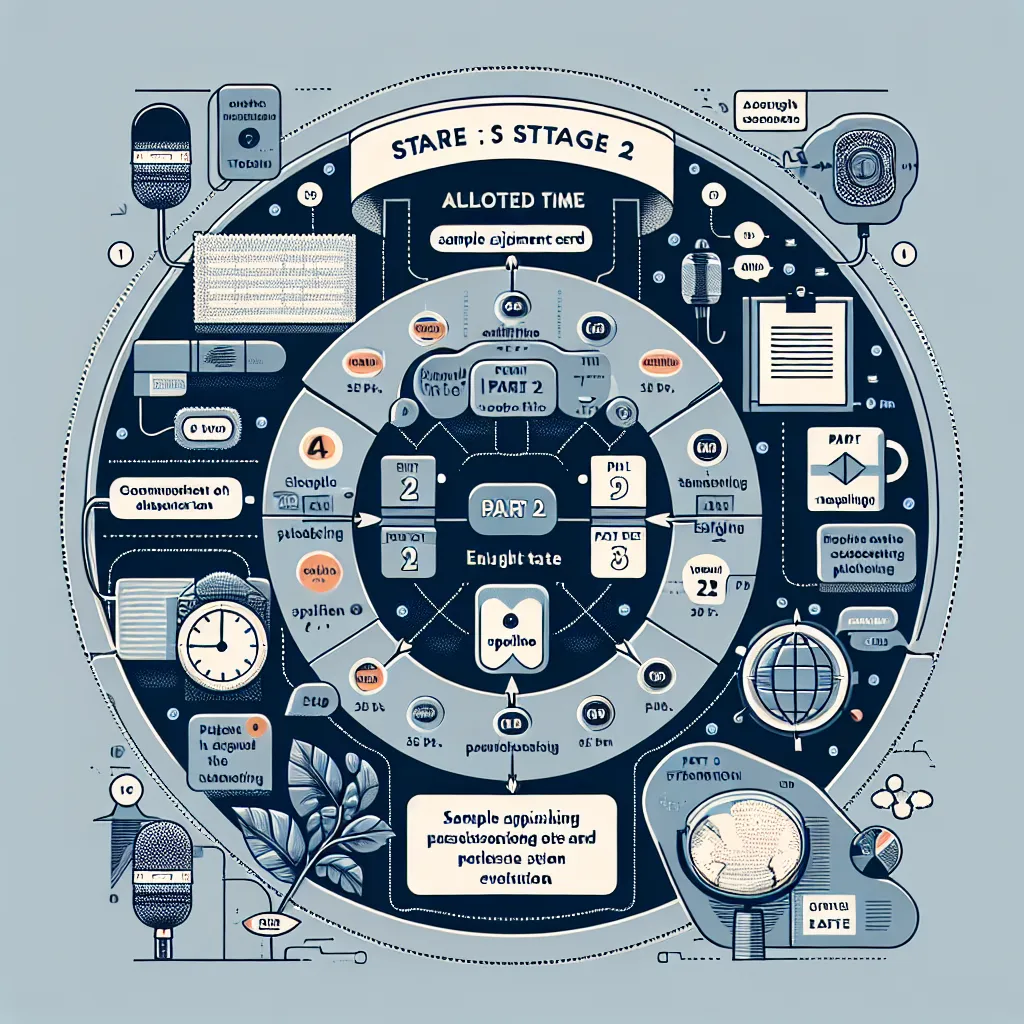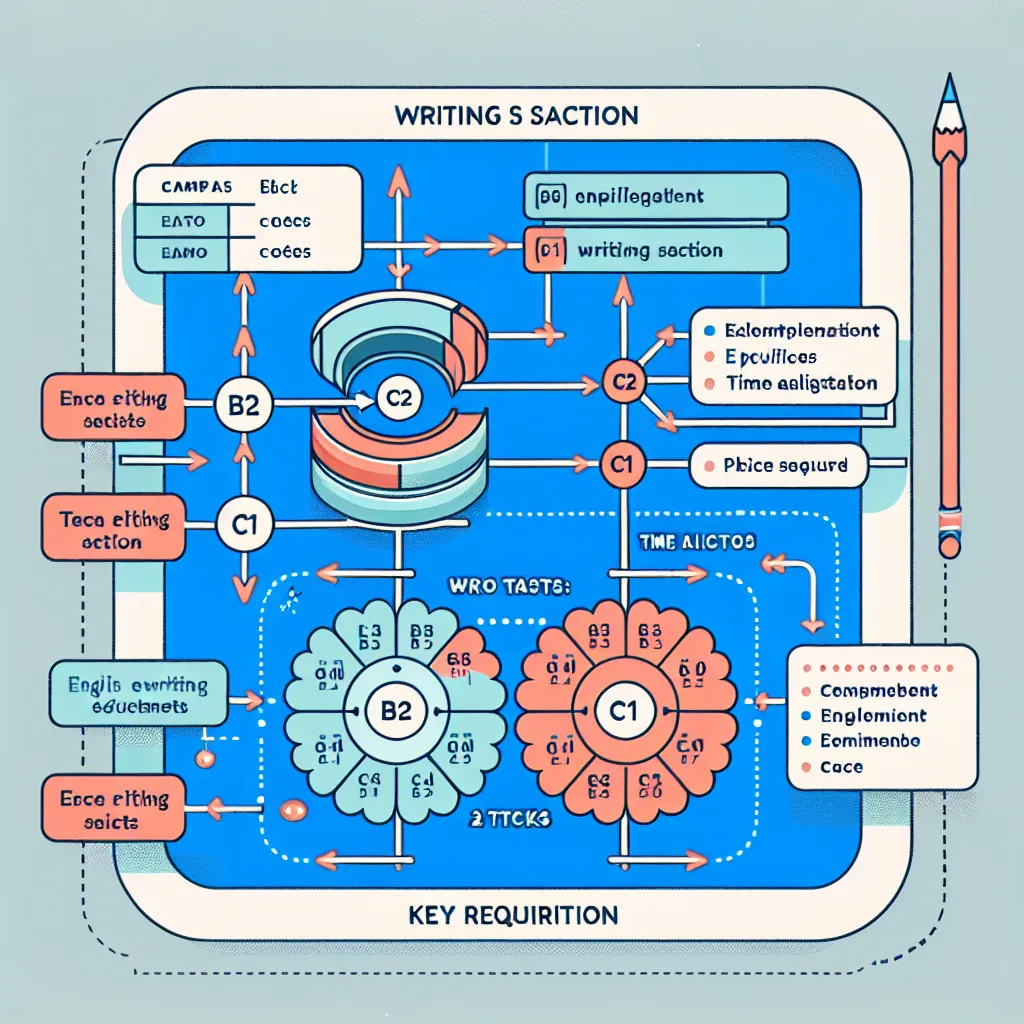The Cambridge Speaking test is a crucial component of the Cambridge English exams, designed to assess candidates’ spoken English skills. Understanding the structure and number of questions in this test is essential for effective preparation. In this comprehensive guide, we’ll explore the format of the Cambridge Speaking test, including the number of questions you can expect in each part.
Overview of the Cambridge Speaking Test
The Cambridge Speaking test is typically conducted face-to-face with one or two examiners and usually involves two candidates. The test is divided into three or four parts, depending on the specific Cambridge exam level you’re taking. Each part focuses on different aspects of speaking ability and contains a varying number of questions.
 Cambridge Speaking Test Overview
Cambridge Speaking Test Overview
Number of Questions in Each Part
Part 1: Introduction and Interview
In this part, candidates can expect:
- 4-6 questions about familiar topics
- Questions about personal information, daily life, interests, and experiences
- Duration: 2-3 minutes
Example questions:
- “Can you tell me something about your hometown?”
- “What do you enjoy doing in your free time?”
Part 2: Individual Long Turn
This section typically involves:
- 1 main task based on visual prompts (usually photographs)
- 1-2 follow-up questions from the examiner
- Duration: 3-4 minutes (including 1 minute of preparation time)
Example task:
- “Here are two photographs showing different types of transportation. I’d like you to compare and contrast these two images, and say which mode of transport you prefer and why.”
Part 3: Two-way Discussion
In this collaborative part, you can expect:
- 4-6 questions related to the topic from Part 2
- Questions that encourage discussion, speculation, and evaluation
- Duration: 4-5 minutes
Example questions:
- “What are the advantages and disadvantages of public transportation in your city?”
- “How do you think transportation will change in the future?”
Part 4: Further Discussion (for some exam levels)
This additional section, present in exams like CAE (C1 Advanced), includes:
- 4-6 more abstract questions related to the themes from Part 3
- Questions that require more in-depth responses and analysis
- Duration: 4-5 minutes
Example questions:
- “To what extent do you think governments should invest in improving public transportation?”
- “How might changes in transportation affect the environment in the long term?”
Total Number of Questions
In total, candidates can expect to answer between 13-20 questions throughout the entire Cambridge Speaking test, depending on the specific exam level and the examiner’s approach.
 Cambridge Speaking Test Question Count
Cambridge Speaking Test Question Count
Preparing for the Cambridge Speaking Test
Understanding the number and types of questions in the Cambridge Speaking test is crucial for effective preparation. Here are some tips to help you get ready:
- Practice answering a variety of questions on different topics.
- Work on extending your answers with relevant details and examples.
- Improve your fluency by speaking English regularly.
- Learn to compare and contrast images effectively for Part 2.
- Develop your ability to discuss abstract topics for Parts 3 and 4.
Remember, while knowing the number of questions is helpful, it’s equally important to focus on the quality of your responses and your overall communication skills.
Common Mistakes to Avoid
When preparing for the Cambridge Speaking test, be aware of these common pitfalls:
- Giving overly short answers, especially in Part 1
- Not using the full time allowed in Part 2
- Dominating the conversation or not contributing enough in Part 3
- Straying off-topic or not addressing the question directly
- Using memorized phrases that don’t fit naturally into the conversation
Next Steps in Your Preparation
Now that you understand the structure and number of questions in the Cambridge Speaking test, consider these next steps:
- Take a practice test to assess your current level.
- Focus on improving your weak areas identified in the practice test.
- Find a speaking partner to practice with regularly.
- Record yourself answering sample questions and analyze your performance.
- Seek feedback from a teacher or experienced Cambridge examiner.
By following these steps and consistently practicing, you’ll be well-prepared to tackle the questions in your Cambridge Speaking test with confidence.
In conclusion, while the exact number of questions may vary slightly, understanding the structure of the Cambridge Speaking test and the types of questions you’ll encounter is crucial for success. Remember, it’s not just about the number of questions, but how effectively you can communicate your ideas and showcase your English language skills throughout the test. Good luck with your preparation!




